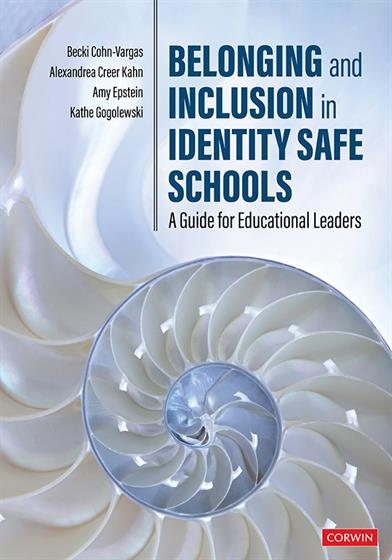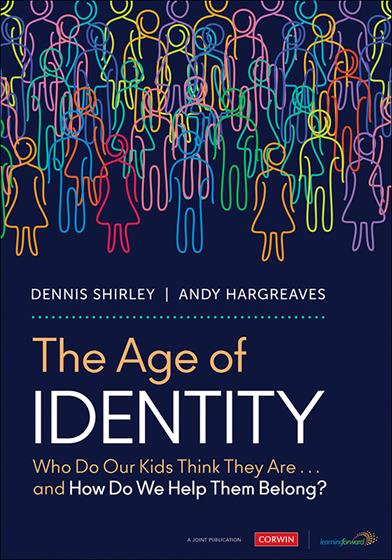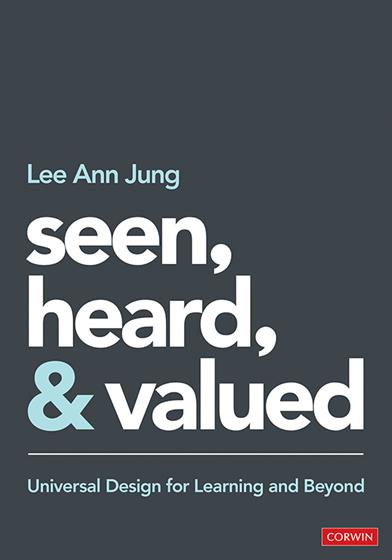Power, Emotion, and Privilege: "Discomfort" as Resistance to Transgender Student Affirmation
By Elizabethe Payne, PhD and Melissa Smith, PhD
Teachers College Record; 2022; Volume 124, Issue 8
Using interviews from a small rural school, this study documents how concerns for personal and community discomfort impaired accommodations for a transgender child in elementary school. Examination of that discomfort reveals important patterns and mistakes educators can recognize and address when seeking to better support transgender students.
In 2021, 17 anti-LGBTQIA+ state bills were enacted in the first six months of the year, many of which targeted transgender children and prevented them from seeking medical care. In schools, educators are often left without guidelines for supporting transgender students and lack even the most basic resources for addressing topics like restroom choices, name changes, and gender stereotypes. The qualitative analysis in this study underscores how one administrator’s discomfort with gender identity prevented their school from better supporting its students, staff, and community. Reflection on the experience yields important information about tolerance, safety, and systemic barriers that every leader should understand when working with transgender youth and their families.
Engagement with gender and sex at the elementary level is difficult for many schools. Research has shown that topics like safety and inclusion are often embraced, but to the exclusion of deeper subject matter like gender roles, nonbinary identity, and sexual discrimination. Feelings of discomfort and concerns about professional competence are often at the heart of that exclusion and can take priority over the needs of transgender students. The effect this has on the entire school is laid out in detail throughout this study, raising important points about the difference between reactive and proactive policies and the harm done to students when they are denied the opportunity to engage with related questions.
Related Titles



Don't Have Much Time?
The “Discomfort As Control” section describes how one administrator’s discomfort with the subject matter prevented the school from better supporting both the transgender student and its staff. It combines that description with an important analysis of diversity practices that appear to support marginalized students, but simultaneously deprioritize deeper engagement with systemic issues like gender bias and gender norms. To begin, you only need to know that, within the narrative, “Sam” is the district assistant superintendent and that “Megan” is the school’s guidance counselor.
Reflection Questions and Next Steps
- Do you feel discomfort at the idea of discussing sex and/or gender with your colleagues? What about with your students? Why or why not? Try to name the specific cause of your discomfort.
- Have you ever let your discomfort prevent you from engaging with topics that might help your students (like gender roles, gender bias, or nonbinary thinking)? Why or why not?
- Does your school have policies for supporting and affirming transgender students? Are they focused largely on safety and tolerance? If so, what critical topics do your policies fail to address?
- If your school doesn’t have policies for transgender students, why not? What steps could you take to change that? What resources does your staff need that they don’t currently have?
- What do you think of the distinction between “proactive” and “reactive” positions described in the study? How might a reactive approach to transgender inclusion prevent your staff from doing their job? How would a proactive approach help them?
- Do you have an accurate accounting of your community’s feelings toward transgender students? Have you let assumptions about your community influence decisions you’ve made in your school?
- How could you respond to community members who react negatively to LGBTQIA+ rights and related subjects while upholding the rights and needs of marginalized students? What do you know about your own discomforts that might help you in this task?
